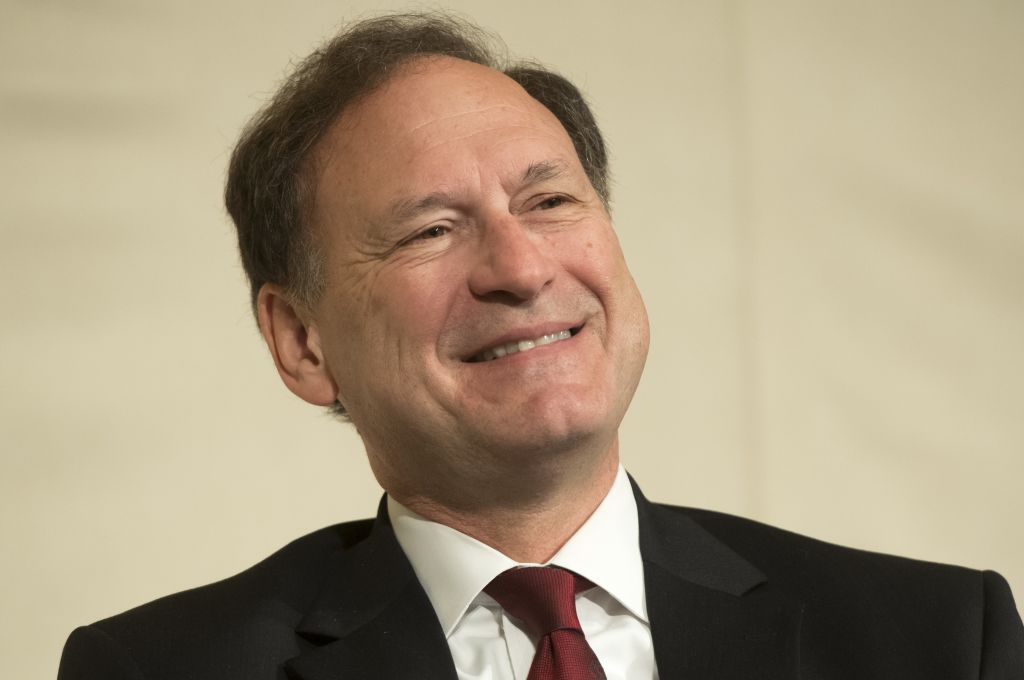The Trump administration wants to add a question to the 2020 U.S. Census form that is expected to discourage many immigrants from participating in the Census.
The question, which asks respondents to disclose their citizenship status, is likely to lead many non-citizens in general, and many undocumented immigrants in particular, to forego the census. This could have profound implications for how U.S. House seats are allocated in the coming decade.
A majority of the nation’s undocumented immigrants live in 20 metropolitan areas. So the Trump administration’s proposed question would shift power from urban centers (which tend to support Democrats), to more rural areas (which tend to elect Republicans).
On Friday, a federal court in California rejected the Trump administration’s attempt to dismiss a lawsuit claiming that this citizenship question both exceeds the lawful authority of the Department of Commerce, which oversees the Census, and violates the Constitution.
Under the Constitution, seats in the House of Representatives are “apportioned among the several states according to their respective numbers, counting the whole number of persons in each state.” Thus, a non-citizen living in one of the United States counts the same as a citizen when determining how many representatives that state shall have in Congress. The Constitution also calls for an “actual Enumeration” of the people within each state.
In California v. Ross, the state of California sued, noting that it is likely to lose congressional representation if the citizenship question is included in the Census. Among other things, California points to the fact that this question did not go through the ordinary procedures the Census uses when adding a question to its form, and that the question was added over the objection of the Census Bureau’s chief scientist, who warned that “addition of a citizenship question would have a negative effect on the accuracy and quality of the 2020 Census.”
The Trump administration tried to get this suit dismissed at a fairly early stage of the litigation. On Friday, Judge Richard Seeborg, an Obama appointee, denied this motion to dismiss.
Seeborg’s opinion is not a slam dunk for either party. Though Seeborg allows all of California’s claims to move forward, he strongly implies that California is more likely to prevail on its claim that the Commerce Department exceeded its authority than on its claim that the citizenship question violates the Constitution — Seeborg says the question of whether to dismiss this constitutional argument is “close.”
California appears to have a narrow path to victory, at least before Seeborg, but how Seeborg will ultimately rule on this case remains uncertain.
Yet the state’s biggest problem — and the biggest problem facing all Americans who hope we will continue to have free and fair elections — is likely to be the Supreme Court of the United States. If the lower courts ultimately agree that the Trump administration acted unlawfully when it added a question that is likely to produce a less accurate Census, the Supreme Court will most likely agree to review that decision — and the Court is likely to be dominated by Republicans by the time this case crosses their bench.
Three of the five Republican justices who voted to gut much of the Voting Rights Act remain on the Supreme Court. One was replaced by Neil Gorsuch, a man who makes conservative Justice Antonin Scalia look like the civil rights hero Justice Thurgood Marshall. Trump nominated Judge Brett Kavanaugh, a staunch conservative, to fill the fifth seat.
The citizenship question, moreover, fits within a broader web of voter ID laws, voter purges, gerrymandering and other, similar tactics which help skew elections towards Republicans — tactics the Court’s Republicans have largely supported. Some of these tactics have only a subtle impact on elections — it is unclear, for example, just how many non-citizens will refuse to participate in the Census because of the new question — but their effect must be understood in the aggregate.
Purge a few thousand voters here, make it too hard for a few thousand more to vote there, shave off a percentage point or two from the Democratic Party’s vote total with a voter ID law, shift a few House seats from blue states to red states, and pack all of a state’s black and Latino voters into a handful of districts, and before you know it, America’s elections cease to be competitive.
And the Roberts Court is likely to uphold each of these individual incursions on the right to vote, often claiming, in the process, that each specific assault on the right to vote is to small to be worth worrying about.


